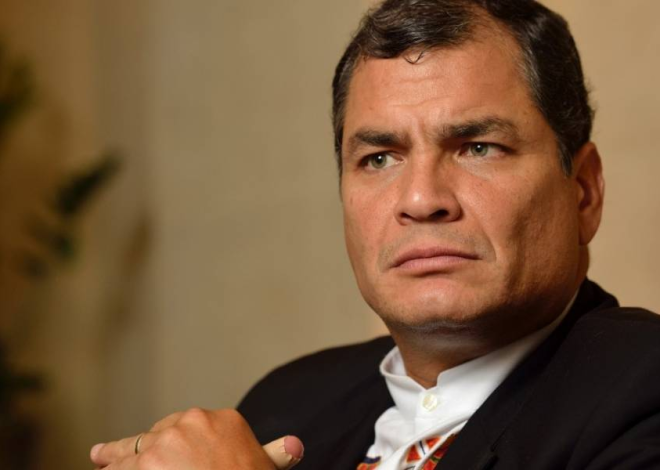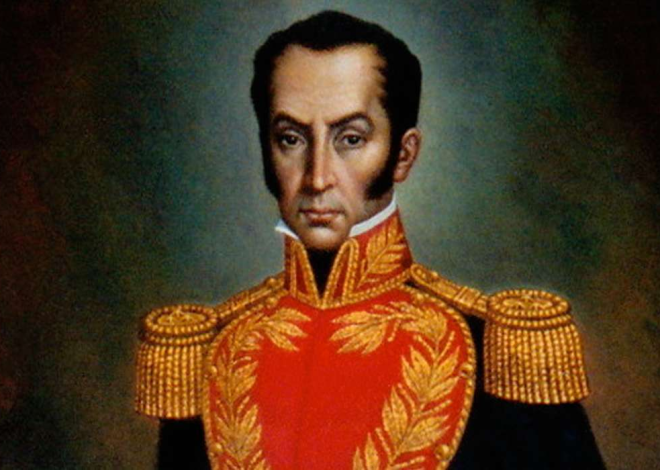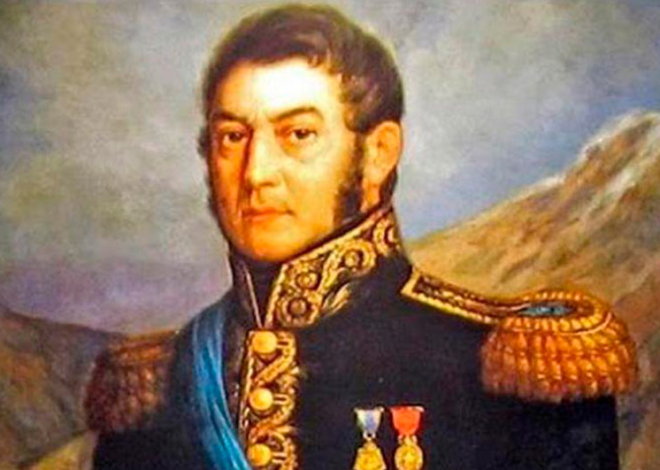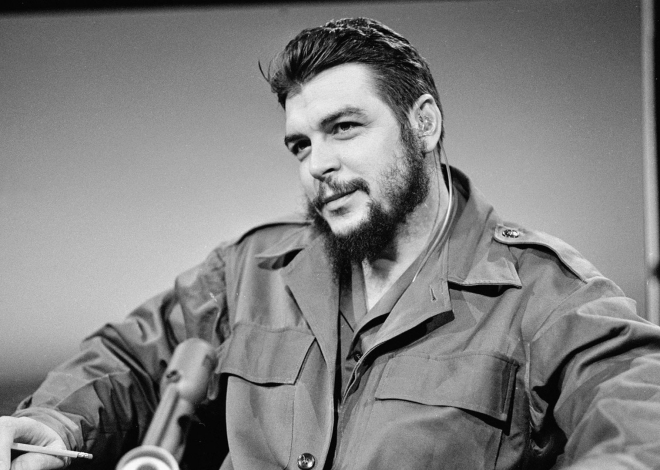
Rafael Correa
Rafael Correa is an Ecuadorian economist and politician who served as the President of Ecuador from 2007 to 2017. His presidency was marked by a period of significant political and economic change in the country.
Here is a detailed history of Rafael Correa:
Early Life and Education:
- Rafael Vicente Correa Delgado was born on April 6, 1963, in Guayaquil, Ecuador. He came from a middle-class family and was raised by his mother, Norma Delgado, after his parents’ separation.
- He studied economics at the Universidad Católica de Santiago de Guayaquil and later pursued postgraduate studies in the United States and Belgium.
Academic and International Career:
- Correa worked as an economics professor at various universities in Ecuador and Europe. He also held positions at international organizations, including the United Nations and the European Union.
- During his time abroad, Correa became interested in leftist and progressive politics, which would influence his later political career.
Entry into Ecuadorian Politics:
- Correa returned to Ecuador in the early 2000s and began teaching economics at the Universidad San Francisco de Quito.
- In 2005, he was appointed as Minister of Finance in the government of President Alfredo Palacio but resigned after just a few months due to policy disagreements.
Presidential Campaign and Election (2006):
- Correa launched his presidential campaign in 2006, running as the candidate for the Alianza PAIS (Patria Altiva i Soberana) political movement, which he co-founded.
- In the presidential election held in November 2006, Correa emerged as the winner, securing a significant victory with a promise to bring about a “Citizen’s Revolution” and address issues such as poverty, inequality, and corruption.
Presidential Policies and Reforms:
- Once in office, President Correa implemented a series of progressive policies, including increased public spending on education, healthcare, and infrastructure.
- He also sought to renegotiate oil contracts with multinational corporations to benefit Ecuador’s economy and invested in renewable energy projects.
- Correa’s administration implemented a new constitution in 2008, which expanded the role of the state in the economy and granted more rights to marginalized groups, such as indigenous communities.
Political Style and Controversies:
- Correa was known for his confrontational style, often clashing with political opponents, the media, and civil society organizations. He passed controversial laws that restricted press freedom and increased state control over various sectors.
- His administration faced allegations of corruption, and he was criticized for his handling of environmental issues, particularly during the Chevron-Texaco oil pollution case in the Amazon rainforest.
Reelection and Second Term (2009-2017):
Correa was reelected in the 2009 presidential election and continued to implement his policy agenda. He was reelected for a third term in 2013, following a constitutional amendment that allowed for indefinite reelection.
Post-Presidential Life:
- After leaving office in 2017, Correa faced legal challenges and accusations of corruption. He was sentenced in absentia to prison for his involvement in a bribery scheme but remained in Belgium, where he sought political asylum.
- Despite being outside Ecuador, Correa remained a significant political figure and continued to influence national politics.
Correa’s presidency left a lasting impact on Ecuador, marked by significant social and economic reforms but also notable controversies and political polarization. His leadership style and policies continue to be subjects of debate and discussion in Ecuadorian politics.







